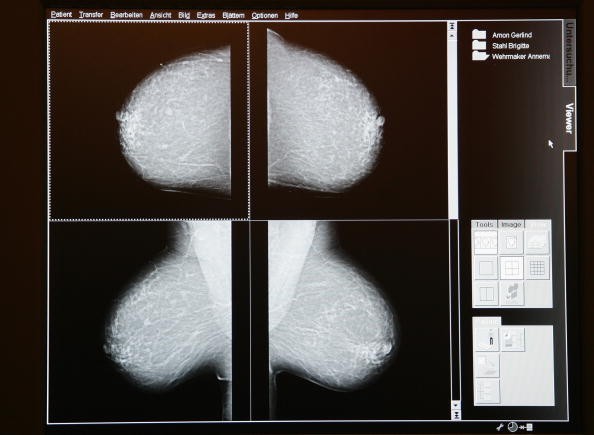
Despite the fact that some health organizations suggest that women start getting routine mammograms at age 50, many women still start them at age 40. The U.S. Preventive Services Task Force (USPSTF) changed its recommendations in 2009for when routine mammograms for women with no risk factors should start, but there is still some controversy.
A study published in the American Journal of Preventive Medicine has found that there was no perceptible change in the age at which women started having screening mammograms after the change in recommendations. In fact, the proportion of women who started mammograms at age 40 had increased and was higher after the change. This finding is based on a comparison of data from 2007 and 2008 to data from 2010 to 2012. The data, which was analyzed in 2014, was collected by the Risk Factor Surveillance System surveys.
The USPSTF recently updated its recommendation, but only to note that women should consult with their doctors at age 40 on the right time to start routine mammograms. The task force is a volunteer panel of experts in evidence-based medicine and reports to Congress annually.
The USPSTF's recommendations started a national debate in 2009 on when screening mammograms should be started. Although all breast cancer and public health advocacy groups agree that women should get mammograms to screen for cancer, they disagree on when the tests should start and how often women should get them.
For example, the American Cancer Society recommends that all women have an annual screening mammogram starting at age 40. However, up until 1992, the society recommended that women start getting mammograms at age 35.
There is a risk-benefit ratio to having a routing mammogram. You could have a false positive, where the test shows a tumor that does not exist, which can cause anxiety and lead to added health expenses.

